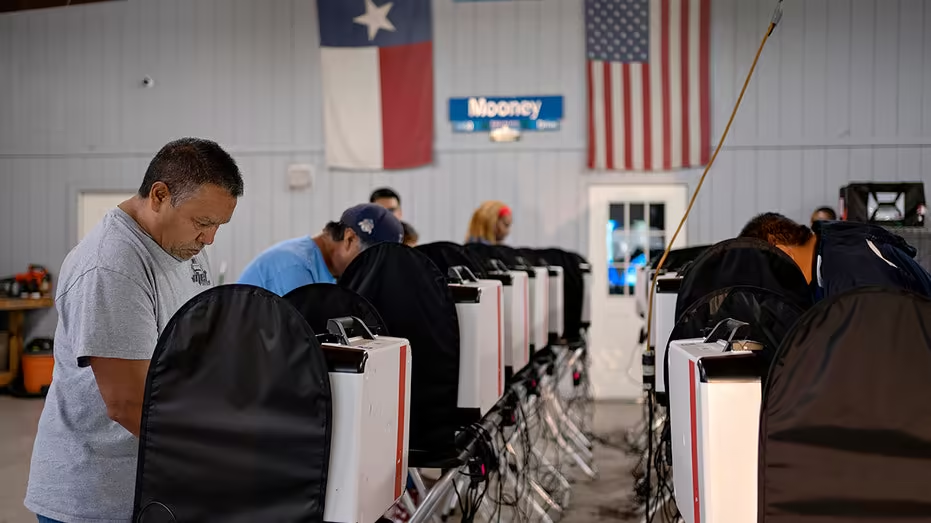Texas Voter ID Law Upheld by Appeals Court
In a significant legal victory for Texas, a federal appeals court has upheld a state law mandating that voters using mail-in ballots provide a state ID number or partial Social Security number. This decision came after the Biden administration filed a lawsuit challenging the law. The three-judge panel unanimously reversed a previous district court ruling, asserting that the law does not violate the Civil Rights Act of 1964. The judges emphasized that the requirement is essential for confirming voter eligibility, aligning with statutory requirements.
Judicial Opinion Highlights Mail-In Ballot Security Concerns
Judge James Ho, writing for the panel, began the opinion with a strong statement on the security of mail-in ballots, referencing the case Veasey v. Perry, which evolved into Veasey v. Abbott. The case highlighted concerns about mail-in ballot fraud, which the Fifth Circuit confirmed as a significant threat. Judge Ho noted that the ID number requirement is crucial for verifying voter identity and ensuring that individuals are qualified to vote under state law.
Alignment with Third Circuit’s Interpretation
The panel’s decision aligns with the Third Circuit’s interpretation that the materiality provision applies solely to determining voter qualifications. Judge Ho found this analysis persuasive and noted that while plaintiffs argued there was insufficient evidence to show that the ID requirement would reduce voter fraud, the state maintained its stance on its necessity.
Texas’ Stance on Voter Fraud Prevention
The court’s decision reflects Texas’ ongoing efforts to combat voter fraud, granting states considerable discretion in determining effective measures to ensure voter integrity. The Fifth Circuit has previously supported tightening voter rules, including requiring mail-in ballots to arrive by Election Day.
Background on Texas’ Election Integrity Protection Act
The upheld law is part of Texas’ Election Integrity Protection Act of 2021, signed following the 2020 presidential election amid Republican-led initiatives to strengthen voter identification laws. The act also limits local election control by prohibiting counties from expanding voting options.
